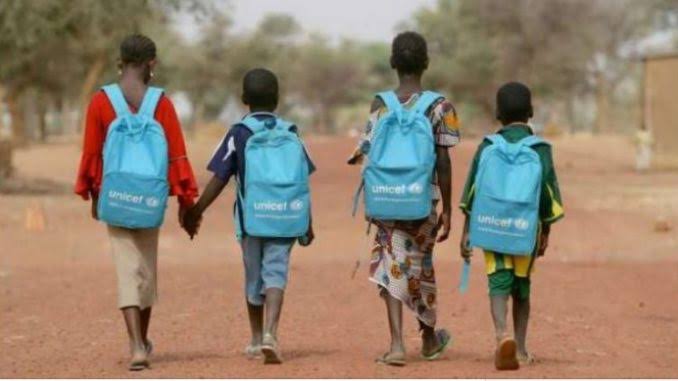An NGO, Advocacy for Positive Behavioural Patterns Initiative says in a rapidly changing world, the future of any nation lies in the hands of its youths.
Mr Ayo Olutekunbi, Executive Director of the initiative said in a statement on Sunday in Abuja that there was an urgent need to address the issue and calls upon the government to take action.
“These young minds are the architects of tomorrow, and their education plays a pivotal role in shaping the future of our society.
” Unfortunately, Nigeria faces a significant challenge with a large number of out-of-school children.
“The repercussions of neglecting these children’s education can lead to them becoming a societal nuisance, jeopardizing Nigeria’s standing in the global community.
According to him, Nigeria, with its rich cultural heritage and abundant human resources, should be poised for greatness on the global stage.
Olutekunbi, however, said that the staggering number of out-of-school children in the country was a cause for concern.
He said, “These children, who are not receiving a formal education, are often left to fend for themselves, robbing them of the opportunities to develop essential life skills and knowledge.
“The reasons for the situation are multifaceted and include economic constraints, cultural norms, and security challenges in certain regions.
“The consequences of having a large population of out-of-school children are not only detrimental to their own future but also pose a threat to society at large.
“When these children are not given access to quality education and skills development, they are more likely to end up engaging in activities that can be harmful to the community.”
Olutekunbi said that such harmful activities can include involvement in criminal activities, social unrest, and a cycle of poverty that perpetuates itself from one generation to the next.
According to him, financial support by the government should increase its budget allocation for education, with a specific focus on providing scholarships, grants, and financial aid to children from disadvantaged backgrounds.
He said that such would help to remove economic barriers to education.



